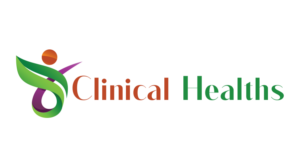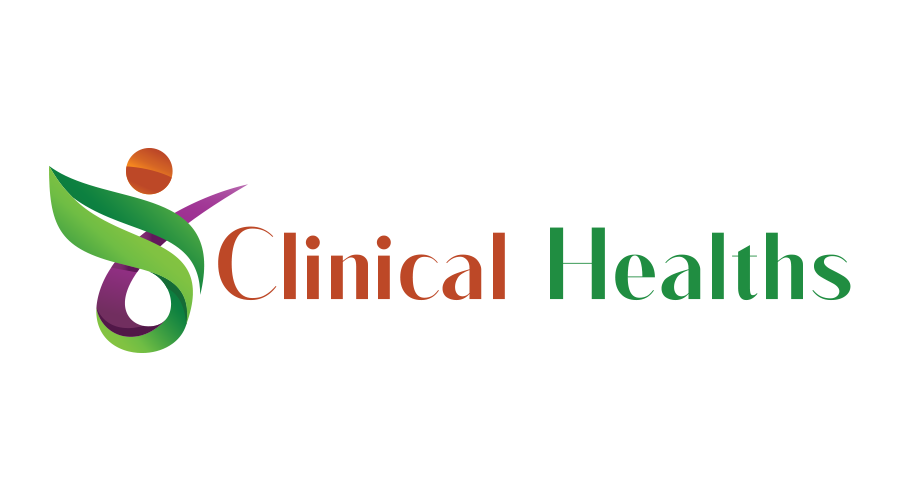The healthcare industry operates within a complex legal and regulatory environment encompassing privacy, information security, fraud and abuse, and employment law while concurrently facing intricate ethical dilemmas around end-of-life care, reproductive rights, resource allocation, and delivery of culturally competent care. Navigating this landscape poses daily challenges for administrators, clinicians, and support staff seeking to maintain organizational integrity, quality of care, patient trust and workplace satisfaction.
Healthcare Privacy and Data Protection Laws
Foremost among healthcare laws stands the Health Insurance Portability and Accountability Act (HIPAA) which safeguards the privacy and security of individual patient medical information known as protected health information (PHI). Strict rules govern PHI access, disclosure, transmission, and storage. Core tenants of HIPAA include patient notice of information practices, limits on non-consensual sharing, and implementation of safeguards to prevent impermissible PHI access.
The people at Find-A-Code.com explain that HIPAA violations carry heavy financial penalties as well as reputational damage, meaning healthcare entities must prioritize consistent HIPAA compliance. Related legislation like HITECH (Health Information Technology for Economic and Clinical Health Act) and state privacy laws add further PHI protections regarding breach notification processes and allowable record uses. IT systems and associated policies/procedures undergo regular audits to identify and remediate gaps. As data moves increasingly online and patient portals enable access to test results, visit notes and more, vigilant evaluation of access controls, encryption methods, security procedures and third party policies help mitigate breach risks.
Fraud and Abuse Regulations
As healthcare occupies nearly 20% of the US economy, long-standing fraud and abuse laws police institutional submission of false claims to federal payers. The federal False Claims Act imposes civil liability and damages to entities knowingly submitting inaccurate Medicare/Medicaid claims, such as up-coding services or billing for unnecessary care.
The Anti-Kickback Statute sanctions kickbacks given to prompt referrals while Stark Law prohibits physicians from referring patients to entities with which they have financial ties, except under strict exemptions. Such fraud and abuse regulations maintain integrity across the healthcare reimbursement system. Robust compliance programs track metrics for common warning signs such as excessive services, lab orders or non-compliant financial arrangements alongside auditing procedures to proactively monitor for non-adherence.
Ethical Dilemmas in Patient Care
Beyond legal compliance, healthcare organizations must craft flexible policies balancing diverse stakeholder perspectives around ethically complex patient care situations related to informed consent, medical futility, advance directives regarding end-of-life wishes, reproductive rights, resource allocation, clinical trial participation, genetic testing/privacy, vulnerable population care and shifting social mores regarding appropriate care.
For example, we may consult an ethics committee to offer a perspective on parent refusals of life-saving interventions for religious reasons or patient wishes for unproven experimental treatments of questionable benefit. Committees lend insights supplementing clinician judgement for conflict mediation by illuminating angles not initially considered.
Workplace Ethical Challenges
Leaders equally confront workplace ethical obligations around harassment, discrimination, workforce mental health support, and promoting diversity, equity, and inclusion values. Policies strive for zero tolerance regarding harmful workplace behaviors. Targeted training builds skills in psychological safety, cultural competence, elimination of biases and structural inequities. Dedicated mental health resources offer easily accessible support options. Fostering an ethical culture where all team members feel valued, respected, and empowered to speak freely advances individual wellbeing alongside care quality and health equity.
Conclusion
Today’s complex healthcare environment requires continual vigilance across legal, regulatory, and ethical fronts to warrant patient trust in privacy practices, ensure quality of care, support workforces, and safeguard organizational integrity. Regular evaluation of policies and programs in light of evolving technologies, patient expectations and societal norms allows institutions to identify and strengthen areas of potential compromise while furthering commitments to equitable access and compassionate, competent care for all populations served.


